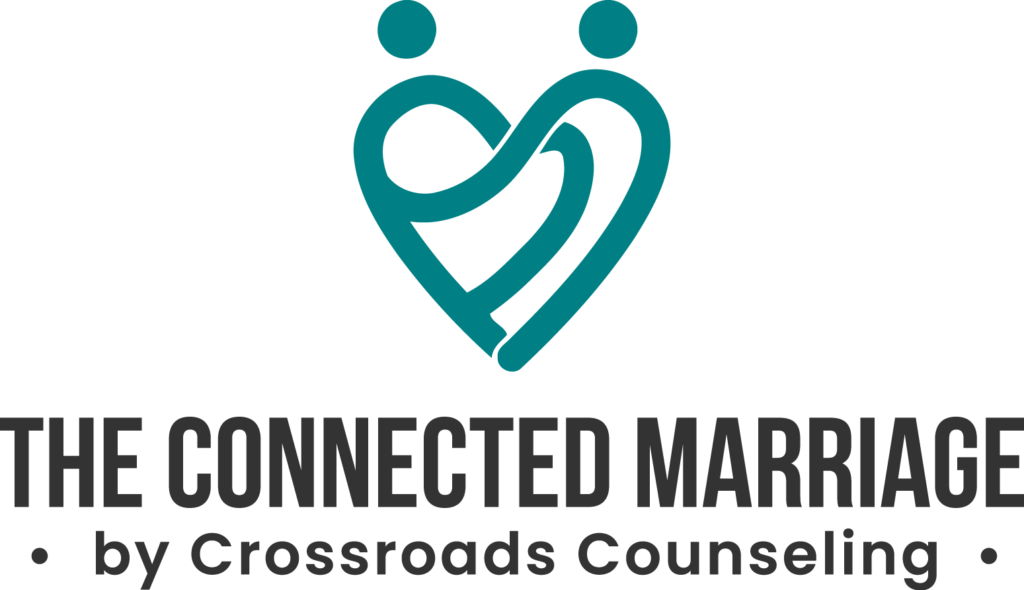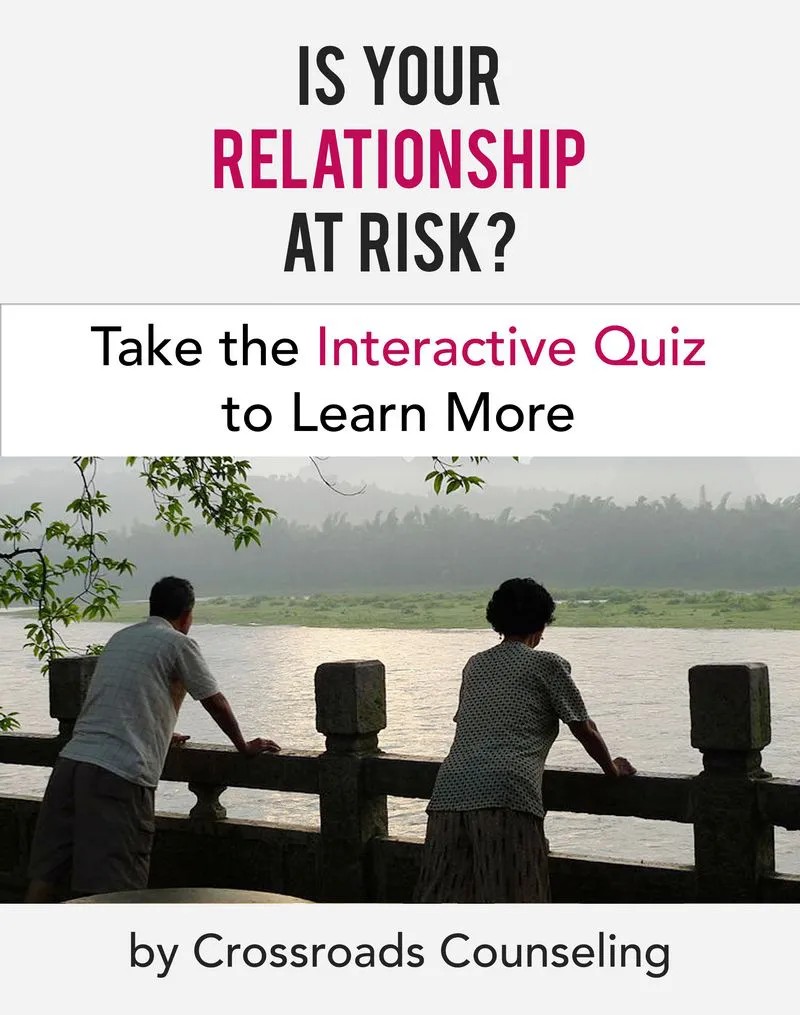What is Emotionally Focused Couples Therapy?
We are created by a relational God. Like God, human beings long for connections. We develop attachments at very young ages, and those bonds and attachments can influence how we connect with others for the rest of our lives.
In particular, our attachment styles can heavily influence romantic relationships.
Speaking of those relationships, it’s okay if you and your spouse have different attachment styles, but it’s important to understand how your emotions can influence your relationship. Strong emotions can be positive, but they can also contribute to things like unhealthy communication habits and negative patterns that create problems within your marriage.
Emotionally Focused Couples Therapy (EFCT) helps to break those patterns. It also helps you to form a healthier bond and attachment with your spouse, so you can overcome the strong negative emotions in favor of securing a stronger emotional bond.
The Three Stages of EFCT
One of the most encouraging things about EFCT is that it focuses on three stages. When you’re setting personal or relationship goals, recognizing that you’ll be moving through those stages will allow you to monitor your progress and growth and stay motivated as you work with your therapist and partner to strengthen your relationship.
In the de-escalation stage, you’ll focus on pinpointing the negative patterns influencing your relationship. You’ll view undesirable behaviors that could cause conflict and are often rooted in attachment issues. These issues aren’t always easy to see on your own, which is why a Christian marriage therapist can help.
In the restructuring stage, you’ll take the information you’ve gathered from de-escalation and learn how to be more emotionally available. You’ll share your own emotions and learn how to accept your spouse’s feelings so you can better meet their needs. This is the stage that helps to strengthen your bond while allowing you both to better understand your own emotions.
Finally, you’ll reach the consolidation stage. You’ll work on developing new ways of communicating with each other. This will allow you to take what you’ve learned and carry it forward into your relationship. You’ll have a better understanding of how to reduce conflict and break negative patterns from the past.
The three stages of EFCT can take weeks and even months in a traditional therapy setting where a couple meets with their therapist on a weekly or bi-monthly basis. The benefit of a Christian marriage intensive is that within the period of 2, 3, or 4 days a couple can achieve significant progress working through the three stages. Most couples who attend a marriage intensive will achieve de-escalation and enter into the restructuring stage. It is in this stage where deeper healing in the marriage occurs. Keep in mind that creating a connected marriage with your spouse is a life long process. Even though a Christian marriage counseling intensive can yield many positive changes you and your spouse will still need to work on your relationship. Part of what you will gain from the intensive are the skills, tools, and a new way of relating and connecting to help you in the lifelong joy of building a connected marriage.
Is EFCT Right for Your Marriage?
Most people understand that communication is an important factor in any healthy relationship. If you’re struggling to communicate effectively with your spouse, EFCT can help you identify and break the negative patterns keeping you from that important connection.
Additionally, EFCT promotes secure attachments within a relationship. As such, it’s often helpful for couples who are dealing with trust issues, including infidelity or past trauma.
Most importantly, EFCT helps with emotion-related issues. If one or both people in a relationship struggle with mental health issues like depression or anxiety, EFCT can make it easier to understand those emotions and the needs that often come with them.
What Are the Benefits?
If you’re considering a Christian marriage counseling intensive you want to do your research and find out what approach the therapist is utilizing. Not all approaches are created equally. With Emotionally Focused Couples Therapy you can expect to gain a stronger bond with your spouse. You’re also more likely to understand each other’s needs and wants as you become each other’s safe havens. When you have a stronger bond and a safe haven you can work through communication problems and conflict issues more effectively. You will also experience greater levels of connection which tend to boost marital satisfaction.
You’ll become more empathetic toward one another, instead of defensive or argumentative. That will help to improve your attachment to each other while providing the skills necessary to communicate and resolve conflicts in healthy ways for years to come.
You don’t have to wait until your marriage feels unstable to enjoy the benefits of EFCT. If you feel like you’re even scratching the surface of problematic patterns, don’t hesitate to reach out for the help you both deserve. You might end up learning more about your spouse and yourself than you ever thought possible.
If you’re interested in learning more about Emotionally Focused Couples Therapy, feel free to contact us for information or to set up an appointment.
Reach Out and Get Help For Your Marriage Now…
If you and your spouse are ready to experience growth and healing in your marriage please reach out. We will walk with you through the dark, broken, and scary places of your relationship that are in desperate need of grace and truth. We offer a 20-30 minute consultation to talk about your situation and how we may be able to help. Contact us by calling 623-680-3486, texting 623-688-5115, or emailing info@crossroadsfcc.com and mention your interest in a Christian marriage intensive.
Maybe a marriage intensive is not right for you. If you are looking for more traditional weekly marriage counseling for your Christian marriage or even individual counseling to learn how to better deal with trust issues in your marriage please visit our website for Crossroads Counseling, click here.


